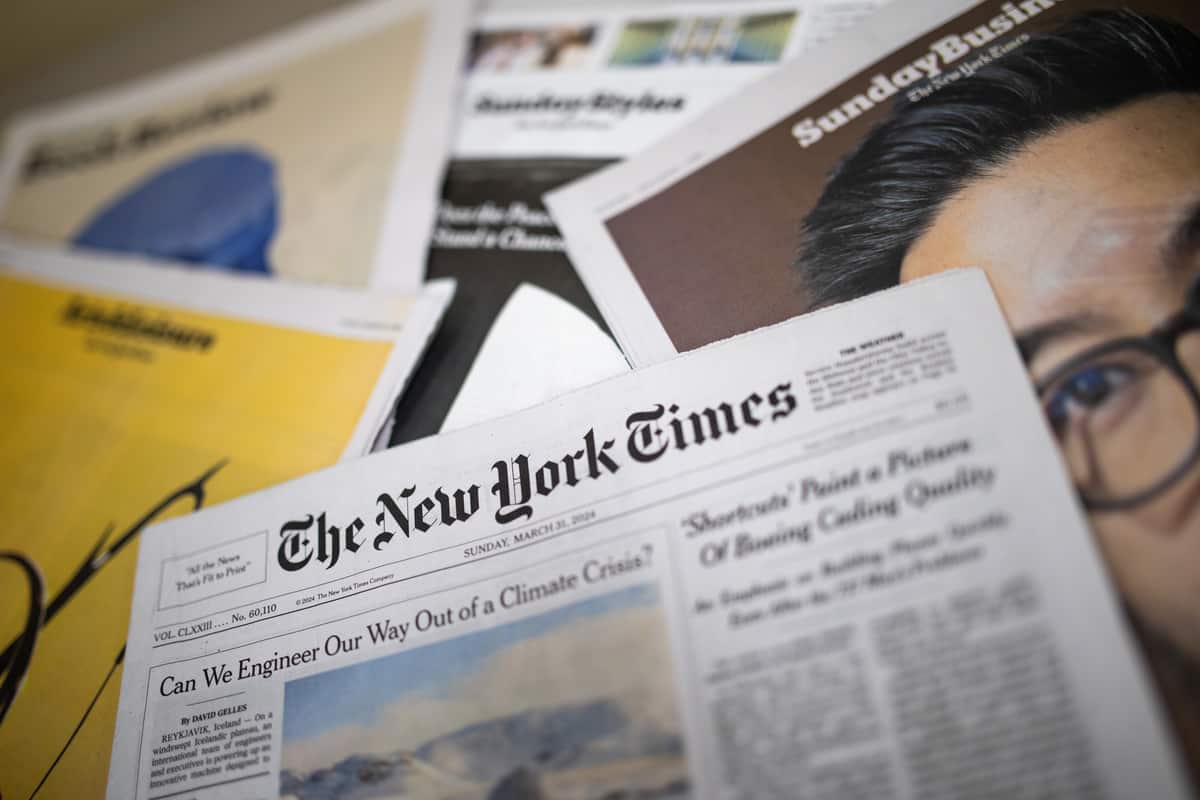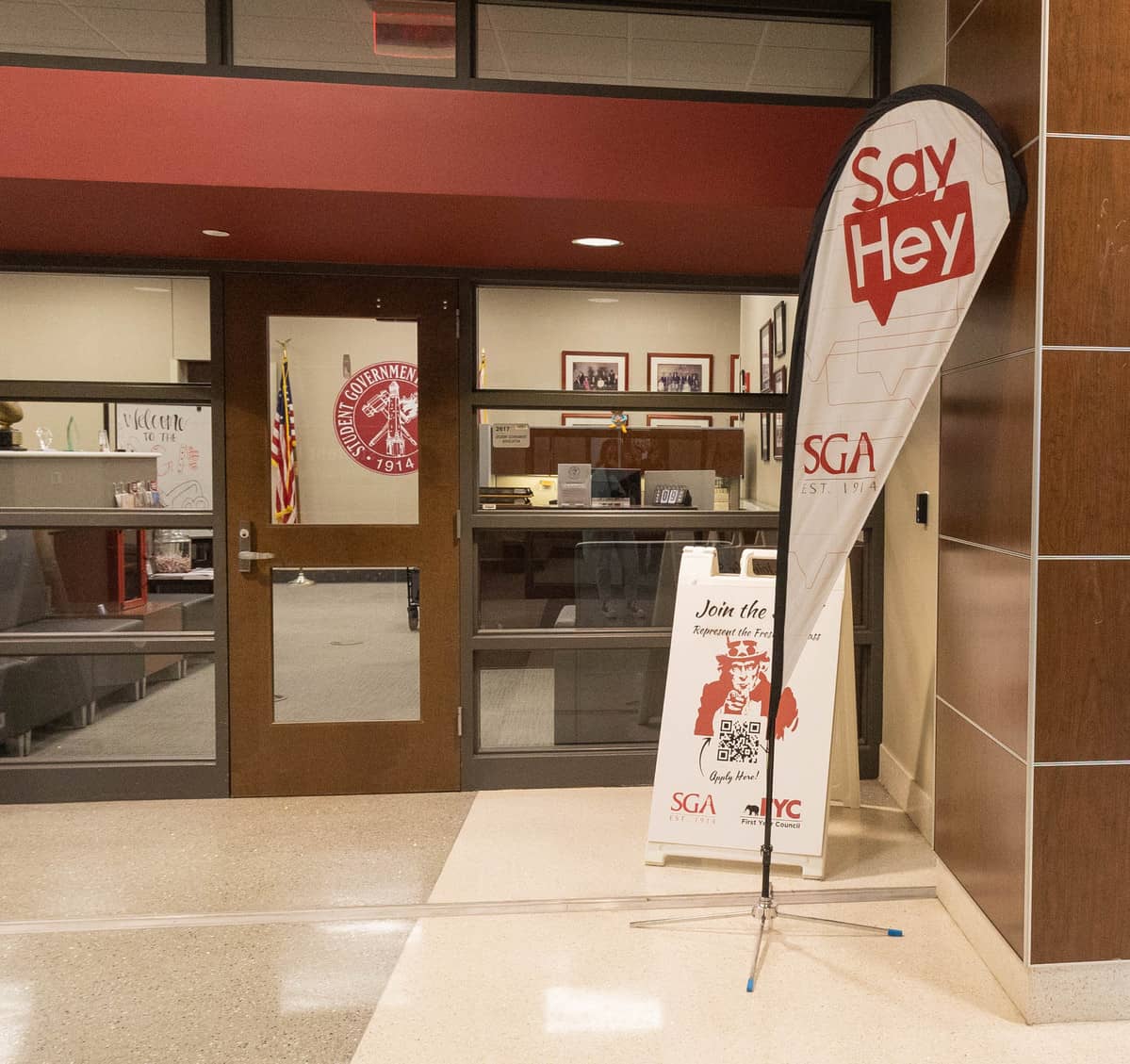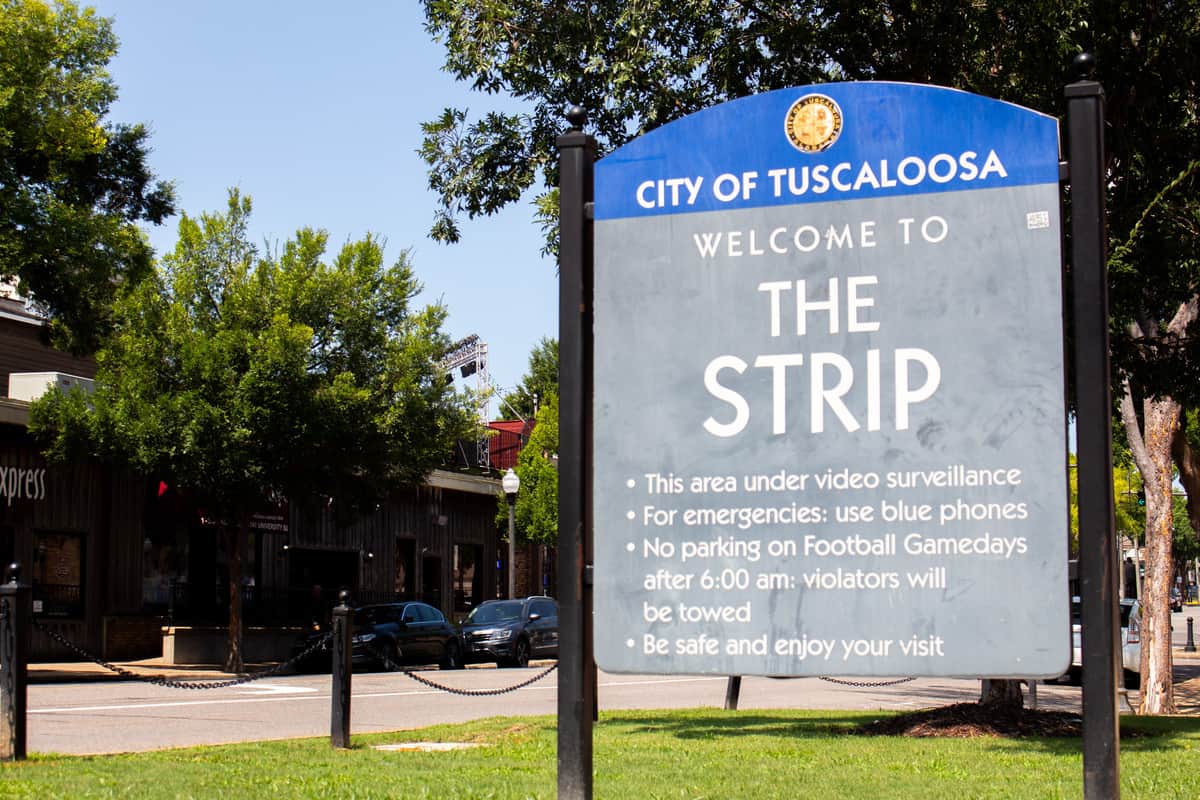Price, distributors and efficiency are just three things students generally consider when purchasing their textbooks. Today, because of the rise in digital education, along with the use of tablets and e-readers, students have to also decide whether they want to purchase books in print or digital form.
For the spring 2012 semester, the University of Alabama Supply Store had a total of 3,022 course material title requests, Bernadette Chavira-Trull, associate director of books at the University Supply Store, said. Of the 3,022 titles, only 45 were e-book titles.
“E-book titles represented approximately 1.5 percent of the total number of course materials titles requested,” Chavira-Trull said. “At this time, it appears that the printed version of textbooks is the preferred format option.”
For some professors, digital education is easier and more useful in their classrooms.
Emerging media lecturer Chip Brantley said he personally uses both an iPad and a Kindle Fire and is surprised he has not seen more of his students using tablets or e-readers in his classrooms.
“I think it’s mostly a matter of price,” Brantley said. “I think more and more students will get [e-books or tablets] as the prices come down and as digital textbooks become more popular.”
Carly Hannah, a sophomore majoring in journalism, said she has been interested in using a tablet or e-reader because they may be cheaper in the long run, but prefers real books.
“I don’t think traditional textbooks will go extinct because there are people out there, like myself, who don’t like to read on a screen,” Hannah said. “I prefer real books because I like the feeling of actually having the book in my hand and being able to turn the pages myself. I also feel that taking a legitimate highlighter to the pages or taking notes in the margins helps me more than highlighting or making notes on a screen.”
Kristen Heflin, assistant professor in the Department of Advertising and Public Relations, said in many cases, print textbooks are still useful, but for her social media class, a good textbook is difficult to find.
“Technologies and platforms are changing so quickly that most textbooks are obsolete before they go to press,” Heflin said. “I still use two textbooks in this class, but they are ones that focus more on the theory behind the execution, which doesn’t change as frequently as the technologies do. One of the major benefits of e-books is, of course, that they can be published and updated in a timelier manner.”
Brent Corwin, a sophomore chemical engineering major, said he uses his Acer Iconia a200 tablet for his thermodynamics textbook, but he does not see textbooks going extinct.
“I prefer my tablet for class because I can carry my textbooks with me without the weight, and although I only use it for one class this semester, I plan on using it for more next semester,” Corwin said. “As far as textbooks going extinct, no way. Technology only lasts so long before it changes. Books are words on paper, and once they’re printed, they can take a lot of damage before becoming useless, as opposed to electronic alternatives, which can fall a few feet and become useless.”
Brantley said that he likes both e-books and physical books, but sometimes an iPad is much easier.
“I think books with paper and e-books can peacefully coexist,” Brantley said. “Books-with-paper snobs like to talk about how you can’t take an iPad to the beach, which is true, but an e-book on an iPad is much easier to read while you’re holding a sleeping infant, which is what I’ve been doing for the past year.”






